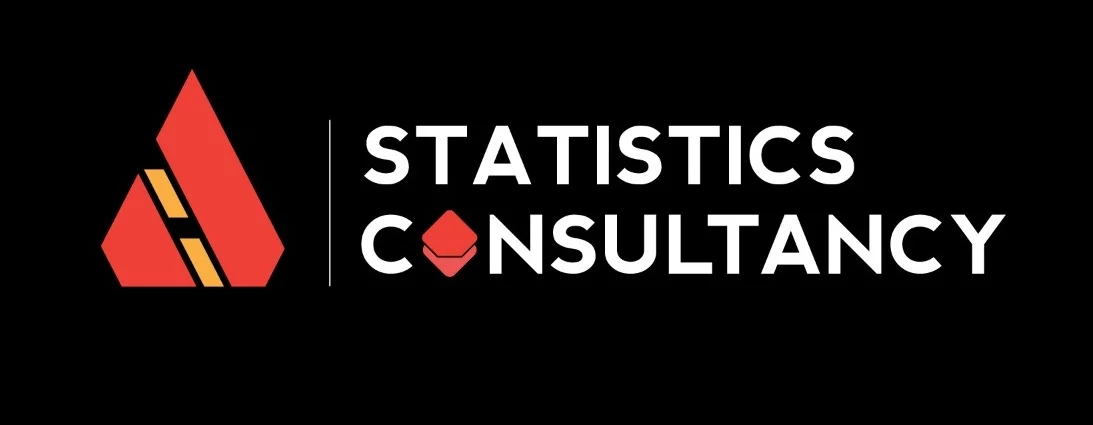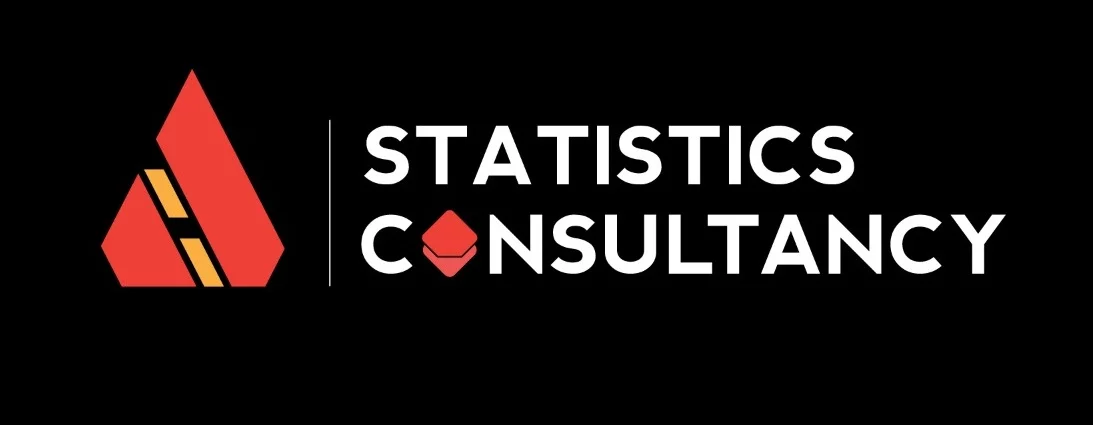investigation
Methodology serves as the foundation for the methods employed in each research study. It encompasses the overarching approach to the entire research process, spanning from the theoretical framework that guides the study to the collection and analysis of data.
At our Statistics Consultancy, we approach the planning of your research methodology with the utmost care and diligence. The process of planning research is intricate and requires meticulous attention. Selecting an appropriate research topic for undergraduate, master’s, or Ph.D. studies can be a challenging task, but the planning phase is equally complex.
The research planning process initiates when researchers identify a specific research topic. It then progresses through several stages, including:
- Literature Review: This involves a thorough examination of existing research to understand the context, identify gaps, and build a theoretical foundation for the study.
- Questionnaire Finalization: Crafting and finalizing the questionnaire or data collection instruments are critical steps to ensure that the research effectively gathers the necessary data.
- Statistical Data Analysis or Qualitative Textual Analysis: Depending on the research approach, researchers may engage in statistical data analysis or qualitative textual analysis to draw meaningful insights from the collected data.
Throughout this journey, meticulous planning and attention to detail are essential to ensure that the research study is well-structured, methodologically sound, and capable of yielding valuable results.
A Literature-Driven Approach
When embarking on a research journey, the choice of research methodology is pivotal. This decision is guided by an in-depth literature review and the identification of research gaps. Various research methodologies can be employed, depending on the nature of the study. These methodologies encompass a wide range, including descriptive qualitative methods such as ethnographic and case studies, quantitative approaches, correlation and regression analyses, quasi-experimental designs, experimental methods, and even meta-analysis.
Understanding Research Methodology:
Research methodology plays a fundamental role in any research study. It serves as the rationale behind the methods employed throughout the research process. Methodologies encompass the entire approach, from the theoretical foundation that underpins the study to the collection and analysis of data. It's important to note that, much like theories, methodologies are not inherently true or false; instead, they are evaluated on their utility and applicability to a given research context. This perspective on research methodology is encapsulated in the definition provided by Silverman, as cited in Hussey and Hussey (1997, p.54), which defines research methodology as the overarching approach to research.
Research Methodology in Academic Courses:
In the context of academic programs, such as Master's and Ph.D. studies, research methodology assignment or coursework plays a vital role. This coursework serves a dual purpose: it acquaints students with various methodologies within their specialization and aids them in selecting the most suitable methodology for their dissertation. The research methodology section encompasses several critical elements:
- Research Design: This outlines the overall plan for conducting the research, including the chosen approach and strategies.
- Research Purpose: It clarifies the objectives and goals of the research, providing a clear sense of direction.
- Sampling: Determining the sample and the method for selecting it is essential to ensure the research is representative.
- Sample Size: Deciding on the appropriate sample size is crucial to achieve statistically valid results.
- Target Population: Identifying the specific group or population under study is a foundational step.
-
Data Collection Method: This involves choosing between primary and secondary data sources and, if primary, specifying the tools for data collection
(e.g., questionnaires, focus groups, interviews). - Pilot Study: Conducting a preliminary study to test research tools and procedures for validity and reliability.
- Validity and Reliability: Ensuring that the research methods and instruments produce consistent and accurate results.
- Ethical Considerations: Addressing ethical concerns related to data collection and participant rights.
- Data Analysis: Defining the method for analyzing the collected data to draw meaningful conclusions.
- Limitations: Recognizing and articulating the potential limitations and constraints of the chosen methodology.
In addition to aiding students in academic settings, Statistics Consultancy also plays a pivotal role in helping researchers lay the foundation for both quantitative and qualitative research endeavors. The goal of a research plan is to outline the research objectives and the step-by-step approach that will be employed to achieve these objectives. This plan is essential for ensuring a well-structured and effective research process.
range of data-related tasks, including data entry, collation, imputation, and conversion.
Service Offerings in Research Methodology at Statistics Consultancy:
Our team of Statistics Experts comprises professionals hailing from the USA and UK, ensuring a high standard of work upheld through rigorous quality control.
Comprehensive Features of Our Research Methodology Services:
- Literature Review: Thorough examination of existing research to inform the study's context.
- Conceptual Framework: Establishing the foundational concepts that guide the research.
- Theoretical Framework: Defining the theoretical basis underpinning the research.
- Hypothesis Development: Formulating clear and testable research hypotheses.
- Tools and Instrument Development: Crafting research tools and instruments for data collection.
- Psychometrics: Assessing the reliability and validity of measurement tools.
- Research Design: Planning the structure and approach of the research study.
- Research Philosophy: Defining the philosophical approach that informs the research.
- Research Strategy: Outlining the overall strategy for conducting the research.
- Power and Sample Size Calculation: Determining the required sample size and statistical power.
- Data Collection: Executing data collection procedures, including primary data collection.
- Quantitative Methods: Employing statistical techniques for quantitative data analysis.
- Qualitative Methods: Utilizing qualitative approaches for data analysis.
- Reliability and Validation (Quantitative) / Trustworthiness and Credibility (Qualitative): Ensuring data accuracy and research integrity.
- Data Analysis Plan: Detailing the methods and procedures for data analysis.
- Expected Outcome: Anticipating and outlining the projected research findings.

